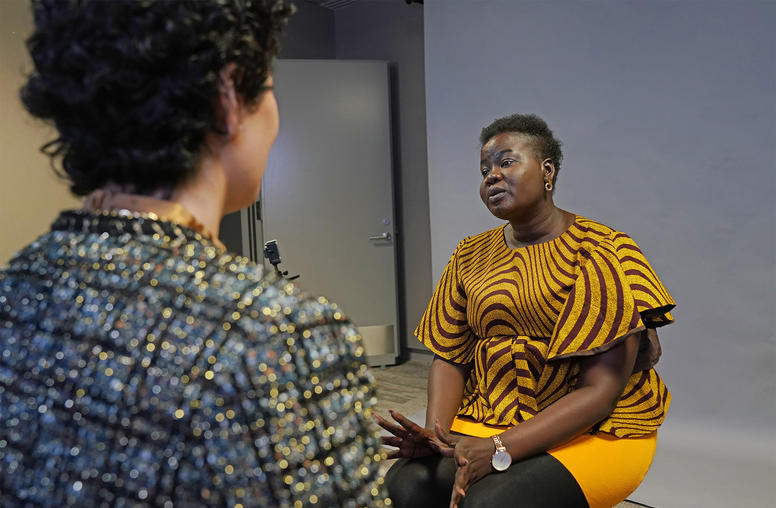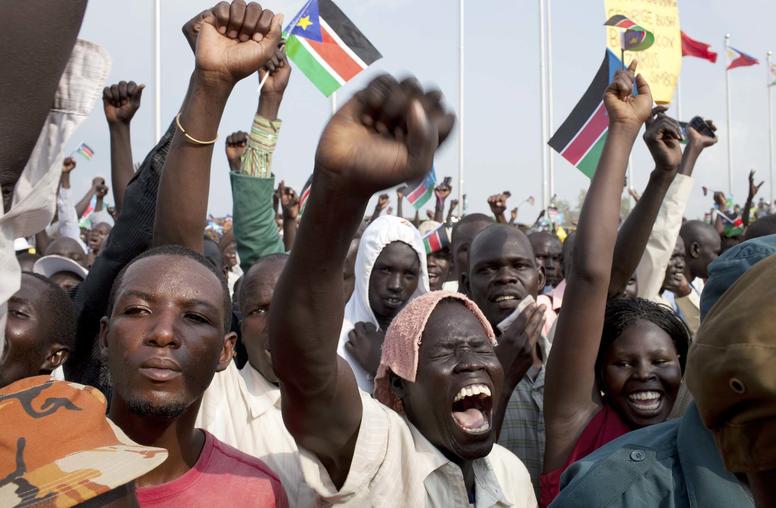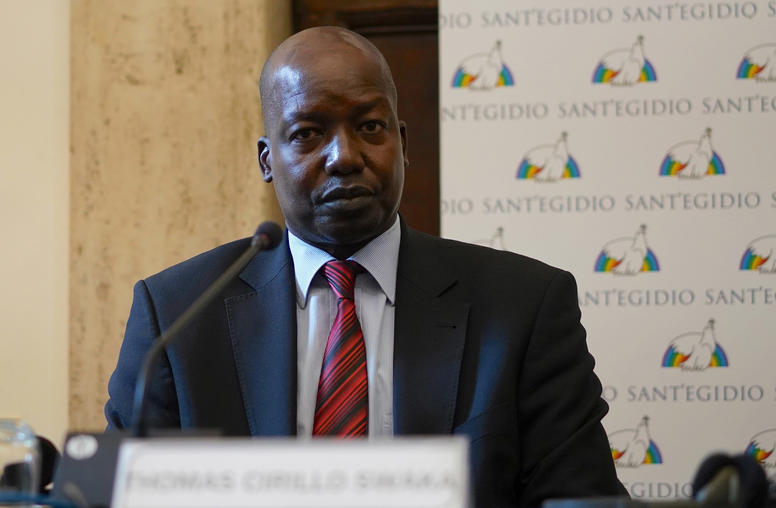“There is a new radio, talking about the problems between the North and the South. We find it very interesting and we are trying to listen,” says an East Darfuri of the USIP-supported Radio Tamazuj.
In 2011, USIP made a grant to the nongovernmental organization Free Press Unlimited to build local journalistic capacity and reduce intergroup tensions through the production of weekly radio programs in Dinka and Arabic. Although the project originally targeted the border areas of South Darfur, Northern Bahr el Ghazal, Unity, Abyei and Southern Kordofan states, the radio programs quickly spread to numerous other Sudanese and South Sudanese radio stations, reaching a much larger audience than initially projected. Consequently, listeners from East Darfur, Blue Nile, White Nile, and Upper Nile states were also able to access the program, which offers a platform for sharing information on annual migrations and border peace conferences as well as for civil debate and discourse.
The grant project also supported a one-week introductory journalism training course in Wau for 15 journalists and a three-week advanced course in Juba for 10 journalists. The most promising trainees were selected to serve as members of the Radio Tamazuj news team. Over the course of the project, the team produced 46 hour-long programs.
The project team had originally intended to source stories widely from the border regions; however, ongoing cross-border violence and displacement made reporting and production extremely challenging for the Radio Tamazuj team. The program ultimately succeeded in reaching a wide audience despite particular difficulties of reporting in Abyei, Unity and Southern Kordofan.
One particularly tenacious field reporter-in-training, selected from the introductory course in Wau, reported from his native Abyei during the May 2011 aerial bombardment. After collecting testimonies from government officials as well as local residents, he fled to safety south of the River Kiir. From there, he phoned in his story about the bombardment and provided updates on the refugee influx. He continued on to Wau, where reported on the bombardment’s impacts on North-South trade and interviewed dignitaries who had fled Abyei.
The success of this project has captured the attention of Sudanese, South Sudanese, and the international community. Free Press Unlimited recently received a 96,000-euro grant from Cordaid to continue its programming with Radio Tamazuj, which as of January 2012 is broadcasting on a daily basis in Arabic and on a weekly basis in Dinka. Listeners anywhere in Sudan and South Sudan can now receive Radio Tamazuj broadcasts over shortwave radio.



